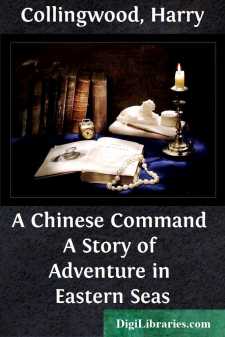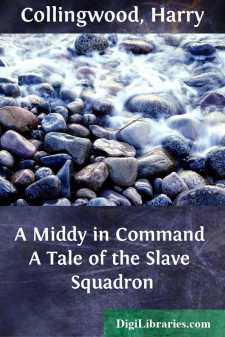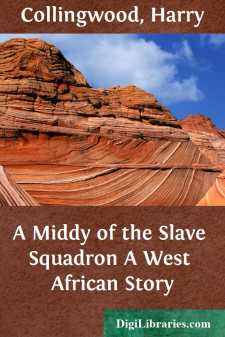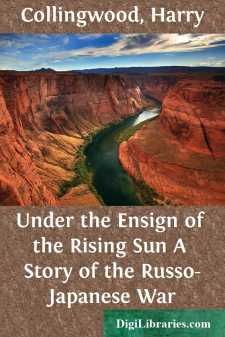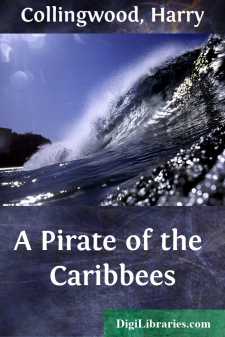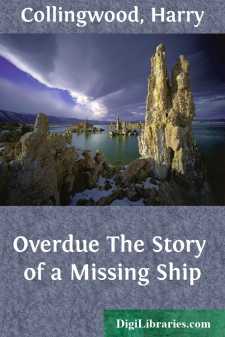Categories
- Antiques & Collectibles 13
- Architecture 36
- Art 48
- Bibles 22
- Biography & Autobiography 813
- Body, Mind & Spirit 141
- Business & Economics 28
- Children's Books 12
- Children's Fiction 9
- Computers 4
- Cooking 94
- Crafts & Hobbies 4
- Drama 346
- Education 46
- Family & Relationships 57
- Fiction 11826
- Games 19
- Gardening 17
- Health & Fitness 34
- History 1377
- House & Home 1
- Humor 147
- Juvenile Fiction 1873
- Juvenile Nonfiction 202
- Language Arts & Disciplines 88
- Law 16
- Literary Collections 686
- Literary Criticism 179
- Mathematics 13
- Medical 41
- Music 40
- Nature 179
- Non-Classifiable 1768
- Performing Arts 7
- Periodicals 1453
- Philosophy 64
- Photography 2
- Poetry 896
- Political Science 203
- Psychology 42
- Reference 154
- Religion 513
- Science 126
- Self-Help 83
- Social Science 81
- Sports & Recreation 34
- Study Aids 3
- Technology & Engineering 59
- Transportation 23
- Travel 463
- True Crime 29
The Rover's Secret A Tale of the Pirate Cays and Lagoons of Cuba
Categories:
Description:
Excerpt
My Childhood.
My father—Cuthbert Lascelles—was the great painter who, under a pseudonym which I need not mention here, was a few years ago well known in the world of art, and whose works are now to be found enshrined in some of the noblest public and private collections both at home and abroad.
He was a tall and singularly handsome man; with clear grey eyes, and a stern resolute-looking mouth shadowed by a heavy moustache which, like his short curly hair and carefully trimmed beard, was of a pale golden tint.
My mother died in giving me birth; and this, together with the fact that she was a native of Italy, was all I, for some years, knew concerning her.
One of the earliest impressions made upon my infant mind—for I cannot recall the time when I was free from it—was that my parents suffered great unhappiness during the latter part of their short married life; unhappiness resulting from some terrible mistake on the part of one or the other of them; which mistake was never explained and rectified—if explanation and rectification were indeed possible—during my mother’s lifetime.
Having received this impression at so very early an age, I cannot, of course, say with certainty whence I derived it; but I am inclined to attribute it chiefly to the singularity of my father’s conduct toward myself.
I was his only child.
He was a man to whom solitude and retirement appeared to be the chief essentials of existence. Though living in London, he very rarely mingled in society, yet I have since heard that he always met with a most cordial welcome when he did so—and it was seldom indeed that his studio doors unfolded to admit anyone but their master. If he went into the country, as of course was often the case, in search of subjects, he never by any chance happened to be going in the same direction as any of his brethren of the brush; his destination was invariably some wild spot, unfrequented—possibly even unknown—alike by painter and tourist. And there—if undisturbed—he would remain, diligently working all day in the open air during favourable weather; and, when the elements were unpropitious for work, taking long walks over solitary heaths and desolate mountain sides, or along the lonely shore. And when the first snows of winter came, reminding him that it was time to turn his face homeward once more, he would pack up his paraphernalia and return to town, laden with studies of skies and seas, of barren moorland, rocky crag, and foaming mountain torrent which provoked alike the envy and the admiration of his brother artists.
It will naturally be supposed that, to a man of such solitary habits as these, the society of his only child would be an unspeakable comfort. But, with my father, this did not appear to be by any means the case. He never took me out of town with him on his annual pilgrimage to the country; and, when he was at home, it often happened that I did not see him, face to face, for weeks together. As a consequence of this peculiar arrangement, almost the whole of the time which I spent indoors was passed in the nursery, where also my meals were served, and wherein my only companion was Mary, the nursemaid....



